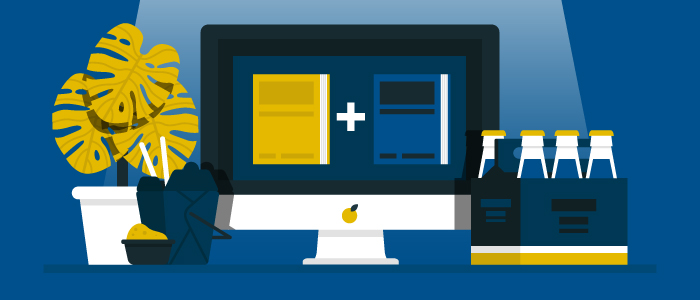A magazine membership includes two primary components; a magazine subscription and a magazine archive, or library.
Magazine subscriptions, of course, are quite familiar to you if you are a magazine publishing company— they are the future issues of the magazine. Unlike most businesses, magazines have traditionally sold products that don’t yet exist. The consumer agrees to subscribe and receive a set number of issues per year in exchange for a subscription fee.
The Internet has made a companion product possible that leverages the value of the issues that have already published.
After much testing, we call this product a magazine library. At the minimum, a magazine library includes three types of content: back issues, dynamic collections, and special collections.
Back issues will usually span at least 3 to 10 years and possibly much more as in the case of Scientific American, who offers a massive 150,000-article archive, dating back to the magazine’s first issue in August 1845. For $99 per year, users get access to all of it. Each issue can be downloaded, or read in HTML, starting with an easy to understand Table of Contents which links to scrollable HTML articles. But for $199, they get the “Unlimited” pass which includes more issues, like more than 150 eBooks and digital Collector’s Editions, single-topic anthologies, and the ultimate back issue: a reprint of the very first Scientific American issue.
When the content is evergreen or historical, bigger is better. Content that might be decades-old can be featured in email newsletters—which we call library previews—along with new content, or collections of content, which we’ll talk about in a moment.
[text_ad]
Dynamic collections are made possible by identifying topics that commonly accrue a large collection of content drawn from many issues. Publishers often produce products like this by recycling already published magazine articles and releasing them again as books or special issues.
The Internet allows us to expand this concept such that every new issue is immediately added to these dynamic collections based on article topic or category. A well-built magazine library will include dozens of dynamic collections that grow over time as new issues are published and added to the library.
A great example of a dynamic collection is by Yankee. Their Massachusetts dynamic collection features a robust archive of articles from the magazine that the editors have placed under the “Massachusetts” category on their website. Visitors to Yankee can sort premium content by all of the New England states.
Special collections are a variation on the above theme where editors hand-pick a much more limited number of articles from past issues and curate them into a special issue or special collection. These special collections can be tied to events, holidays, content sources or any number of other appropriate themes.
The Biblical Archaeology Society has a number of special collections. For example, they have a special collection on Adam and Eve which features their best historical articles about the duo. BAS promotes these collections through library previews, which tease content from each collection. The previews are free, and are distributed through email and their membership website, and are built to entice users to click through to the premium content and subscribe.
The act of creating a magazine library actually allows the publisher to create two new products that can be marketed in conjunction with their magazine subscription. Algebraically, your magazine subscription plus your magazine library equals your magazine membership.
Next, read about how to price your magazine membership to generate the highest levels of retention and revenue.
